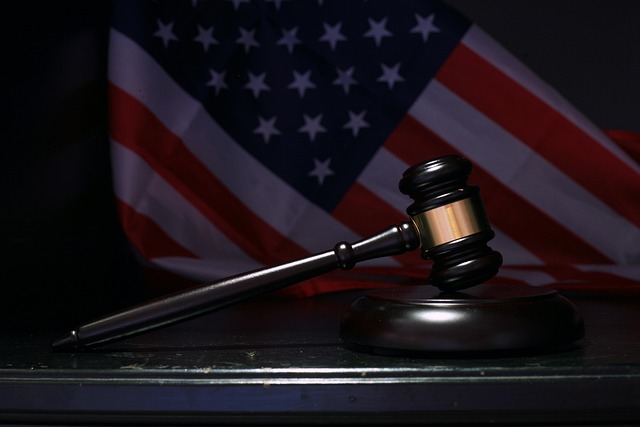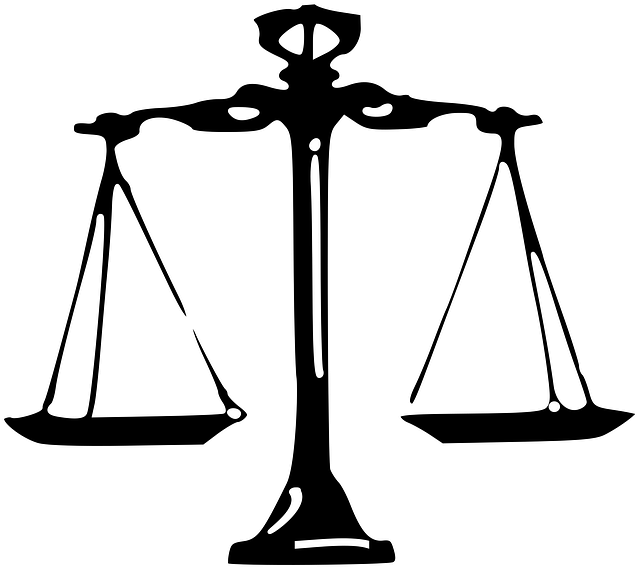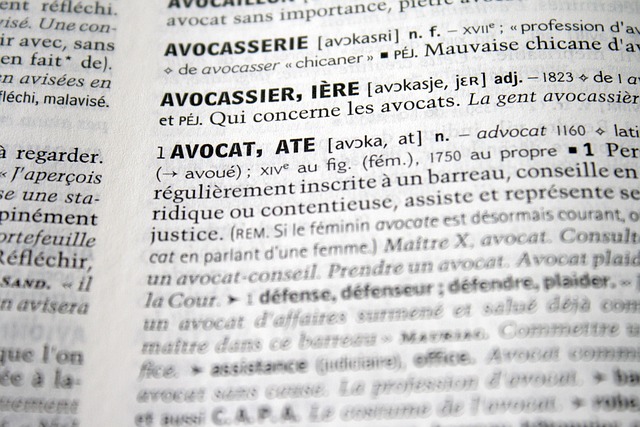Breach of contract case examples in civil law hold individuals and corporations accountable for environmental damage, particularly in pollution and wildlife trafficking cases. These cases demonstrate the consequences of contractual failures to manage environmental impacts, with defendants employing white-collar defense strategies. Civil law provides a powerful tool for compensating affected parties and preventing future harm through injunctions and damages, distinct from criminal law's punitive focus, setting important precedents for environmental stewardship.
“Environmental Crime Trials: Uncovering Accountability and Justice for Our Planet
This insightful article delves into the legal intricacies of environmental crime trials, focusing on how judicial processes hold offenders accountable for ecological degradation. We explore ‘Breach of Contract’ scenarios, drawing from real-world case studies in pollution control to illustrate civil law’s pivotal role in compensating affected communities and mitigating future harm. Discover how these trials serve as powerful tools in the global fight against environmental adversaries.”
- Understanding Environmental Crime Trials: A Legal Perspective
- Breach of Contract: Case Studies in Pollution Control
- Civil Law's Role: Holding Offenders Accountable for Ecological Damages
Understanding Environmental Crime Trials: A Legal Perspective

Environmental Crime Trials offer a unique legal lens into addressing violations related to environmental protection and conservation. From pollution and habitat destruction to illegal logging and wildlife trafficking, these cases present complex challenges for prosecutors and judges alike. Understanding these trials requires delving into various legal frameworks, with significant implications for both criminal and civil proceedings.
In the realm of civil law, breach of contract case examples often come into play, where individuals or corporations are held accountable for environmental damage resulting from contractual agreements gone awry. For instance, a company promising sustainable practices but instead causing ecological harm could face substantial civil liabilities. Moreover, the concept of white-collar defense strategies might be employed by those accused, aiming to avoid indictment by highlighting compliance efforts and good faith intentions, especially when navigating across the country’s diverse environmental regulations.
Breach of Contract: Case Studies in Pollution Control

In civil law, breach of contract cases involving environmental pollution have gained significant traction as high-stakes battles for justice and accountability. These cases serve as powerful examples demonstrating the consequences of contractual failures in managing and mitigating environmental impacts. For instance, consider a scenario where a manufacturing company contracts with an environmental consulting firm to implement pollution control measures. If the consulting firm negligently performs its duties, leading to increased pollution levels, the company could face severe legal repercussions for breach of contract. This may result in substantial monetary damages awarded to affected communities or governments.
Such cases are unprecedented track records of holding respective businesses accountable for their environmental actions. They set important precedents, ensuring that contractual obligations regarding pollution control are taken seriously. Through these case studies, legal systems reinforce the message that environmental protection is a shared responsibility, with consequences for those who breach their contractual duties. This approach not only compensates affected parties but also fosters a culture of environmental stewardship among businesses.
Civil Law's Role: Holding Offenders Accountable for Ecological Damages

Civil law plays a pivotal role in holding offenders accountable for ecological damages caused by environmental crimes. Unlike criminal law, which focuses on punishment and often results in charges like white-collar and economic crimes, civil law takes a more restorative approach. It aims to compensate affected parties and prevent future harm through injunctions and damages.
Breach of contract case examples in civil law illustrate this point vividly. For instance, if a company negligently releases harmful substances into water sources, impacting local ecosystems and communities, victims can sue for damages under civil law. Unlike the scenario where an indictment might be avoided by complete dismissal of all charges, successful civil cases lead to monetary reparations and legal precedents that deter similar future actions. This dual approach—restituting harm and setting legal standards—is crucial in addressing environmental degradation caused by criminal negligence or deliberate misconduct.
Environmental crime trials play a pivotal role in ensuring ecological justice, with civil law serving as a powerful tool to hold offenders accountable. By examining real-world breach of contract cases related to pollution control, we’ve highlighted the effectiveness of legal strategies in addressing environmental degradation. These trials not only compensate for ecological damages but also deter future misconduct, fostering sustainable practices and a healthier planet. Understanding these legal perspectives empowers us to navigate and strengthen environmental protection efforts globally.






